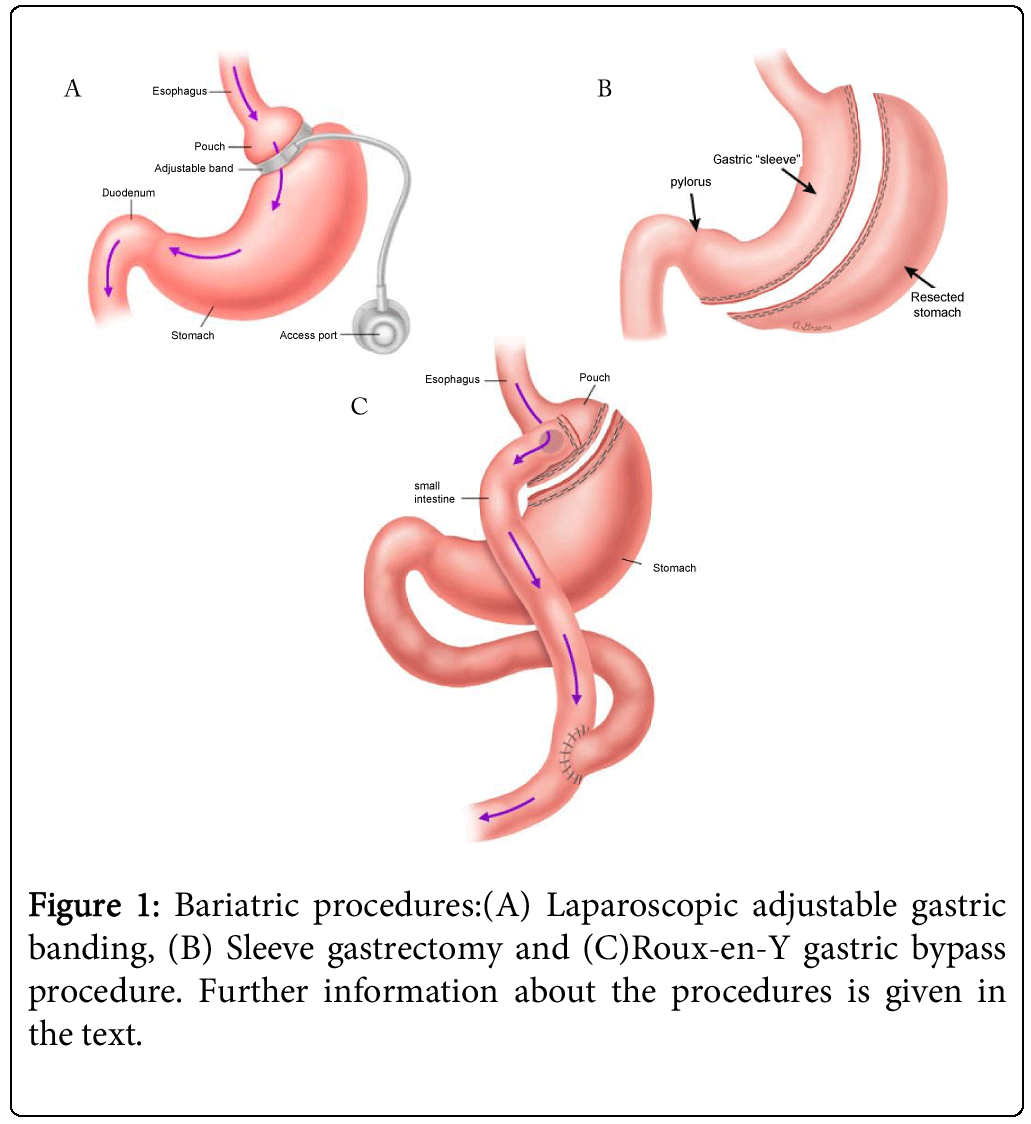Why bariatric surgery?
We are particularly interested in investigating the effects of different bariatric surgical procedures on ingestive behavior not only because of the direct impact of advancing knowledge for this clinical population, but because we see these surgeries as powerful experimental models to elucidate the intricate physiology of appetite and reward.
Bariatric surgery procedures provide the most successful long-term treatment for obesity and its associated metabolic disorders. More than half a million people worldwide undergo bariatric surgery each year. Given the magnitude of the obesity pandemic, it is anticipated that the number of people who will undergo bariatric procedures would continue to rise. Currently, the most popular bariatric surgical procedures performed worldwide are the Roux-en-Y gastric bypass (RYGB), sleeve gastrectomy (SG), and laparoscopic adjustable gastric banding (LAGB). All three procedures decrease gastric volume and result in weight loss, but unlike LAGB, in which the anatomy of the intestine and stomach remains intact, both SG and RYGB modify the gastrointestinal anatomy (Figure 1 from Nielsen et al., 2014 ).

